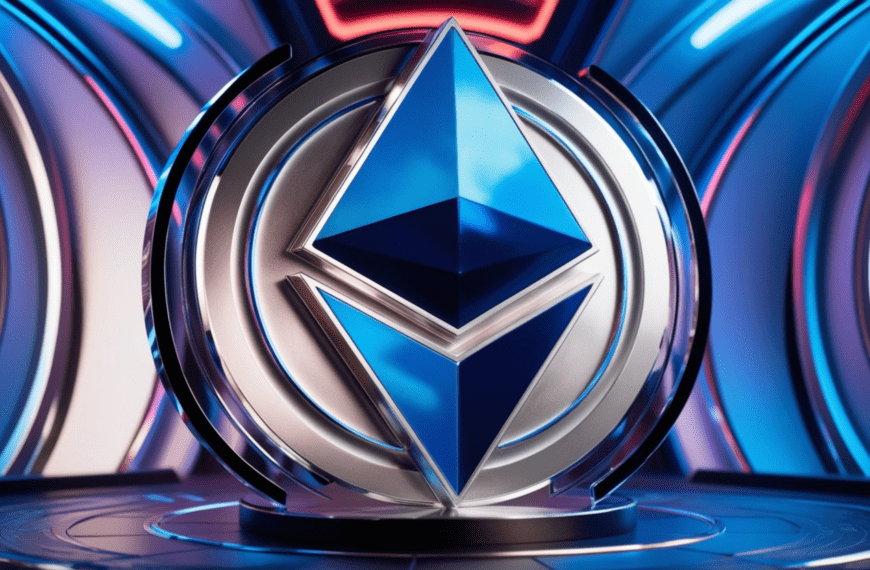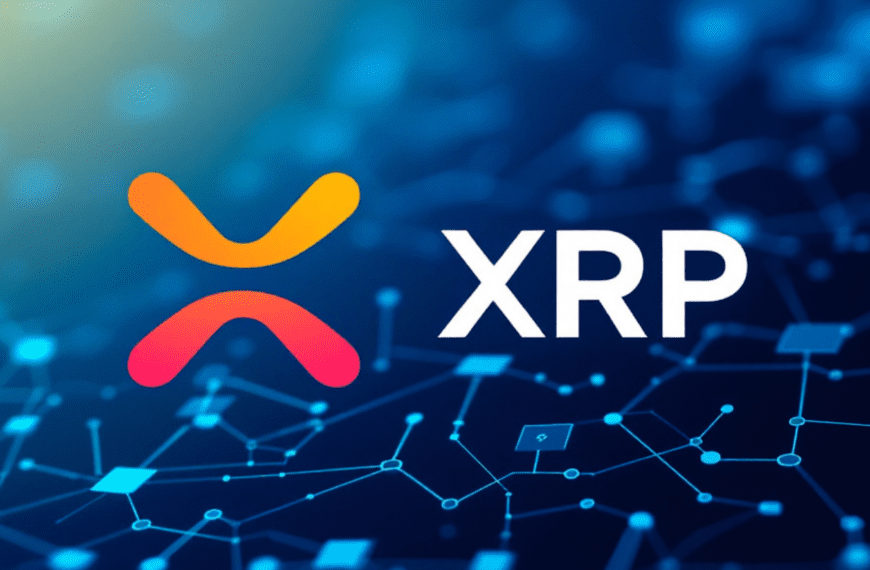What is Arbitrage in the Crypto Market?
Arbitrage is a trading strategy. It involves buying and selling the same asset in different markets to profit from price differences. In the crypto market, this means trading cryptocurrencies like Bitcoin or Ethereum on multiple exchanges. These exchanges might list the same coin at slightly different prices. Traders exploit these price differences to earn profits.

How Does Arbitrage Work?
Arbitrage works by taking advantage of price discrepancies. In the crypto market, these differences happen due to several factors. Market demand, liquidity, and trading volume all play a role. Here’s a step-by-step explanation of how it works:
- Identify a Price Difference Traders look for a coin that is priced differently on two exchanges. For example, Bitcoin might be $93,800 on Exchange A and $93,900 on Exchange B.
- Buy Low The trader buys Bitcoin on the cheaper exchange (Exchange A) for $93,800.
- Sell High The trader then sells the same Bitcoin on the more expensive exchange (Exchange B) for $93,900.
- Profit The trader makes a profit of $100 (before fees and costs).
Types of Crypto Arbitrage
There are different types of arbitrage in the crypto market. Each has its own method and risks.
1. Spatial Arbitrage
This is the simplest type. It involves buying a coin on one exchange and selling it on another. Traders move funds between exchanges to complete the trade.
2. Triangular Arbitrage
This strategy involves three cryptocurrencies and one exchange. Traders look for price differences between trading pairs. For example, a trader might exchange Bitcoin for Ethereum, Ethereum for Tether, and Tether back to Bitcoin. The goal is to end up with more Bitcoin than they started with.
3. Statistical Arbitrage
This is a more advanced method. It uses algorithms and mathematical models to find price differences. Traders use bots to automate the process.
Why Do Price Differences Happen?
Price differences occur due to:
- Liquidity Some exchanges have fewer buyers and sellers. This makes prices more volatile.
- Trading Volume High-volume exchanges often have more stable prices. Low-volume exchanges can have bigger price gaps.
- Regional Differences Local regulations or demand can affect prices. For example, Bitcoin might be more expensive in countries with high inflation.
- Delays in Updates Prices can lag on smaller exchanges. This creates temporary opportunities for arbitrage.
Risks of Crypto Arbitrage
Arbitrage can be profitable, but it’s not without risks. Some common risks include:
- Transaction Fees Exchanges charge fees for trading and withdrawing funds. These fees can eat into profits.
- Time Delays Transferring funds between exchanges takes time. During this delay, prices can change.
- Market Volatility Crypto prices are highly volatile. A sudden price drop can turn a profitable trade into a loss.
- Exchange Risks Not all exchanges are reliable. Some might freeze withdrawals or go offline unexpectedly.
- Regulatory Issues Some countries have strict rules about crypto trading. These rules can affect arbitrage opportunities.
Tools for Crypto Arbitrage
Many tools and platforms can help traders find arbitrage opportunities. Some popular ones include:
- Arbitrage Bots: Automated programs that scan exchanges for price differences.
- Price Trackers: Websites and apps that display live crypto prices on multiple exchanges.
- APIs: Many exchanges offer APIs for developers to access price data.
Steps to Get Started with Crypto Arbitrage
- Research Exchanges Choose reliable exchanges with good liquidity and low fees.
- Verify Accounts Complete account verification on all chosen exchanges. This is often required to withdraw funds.
- Monitor Prices Use tools to track price differences in real time.
- Start Small Begin with small trades to understand the process.
- Manage Risks Be aware of fees, delays, and potential losses.
Also Read: What is Blockchain?
Is Crypto Arbitrage Worth It?
Crypto arbitrage can be a profitable strategy, but it’s not a guaranteed win. It requires quick decision-making, reliable tools, and a solid understanding of the market. Beginners should start cautiously and focus on learning. With experience, traders can refine their strategies and increase profits.
Disclaimer: The content provided here is for educational purposes only and is intended to raise awareness about cryptocurrency and blockchain technology. It should not be considered as financial or investment advice. Before investing in any cryptocurrency or token, we strongly encourage you to conduct thorough research, understand the associated risks, and make informed decisions (DYOR – Do Your Own Research). For detailed guidance, consult a qualified financial advisor.














